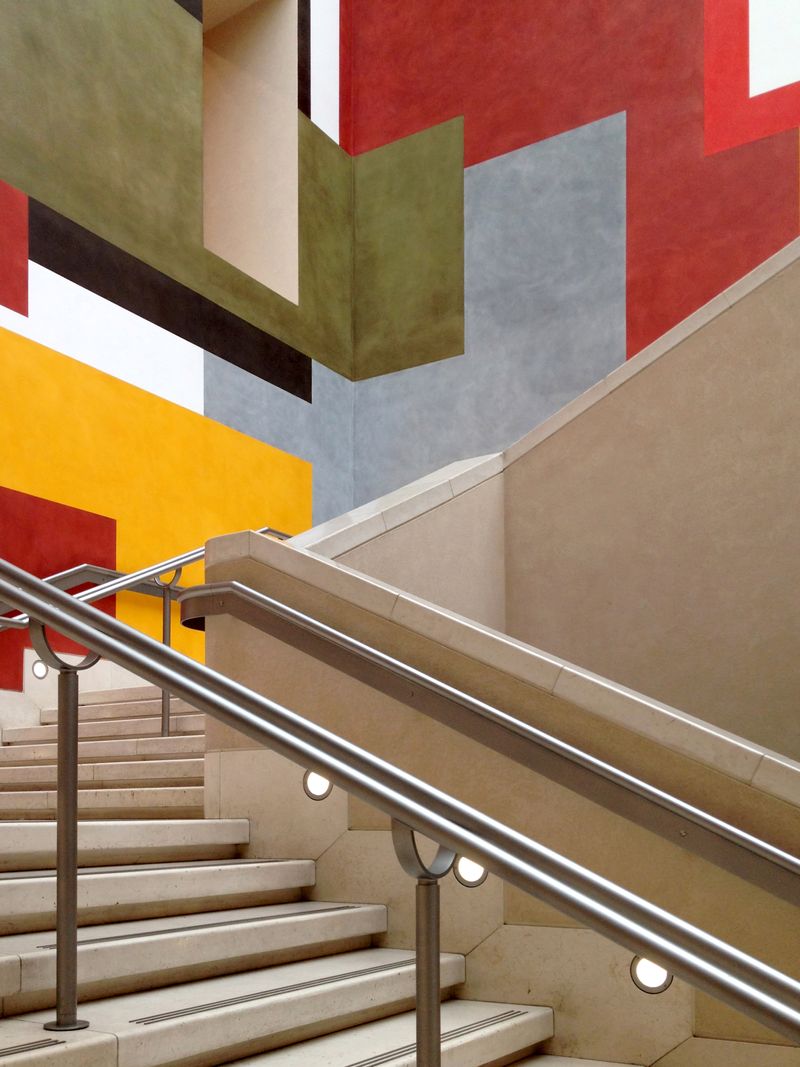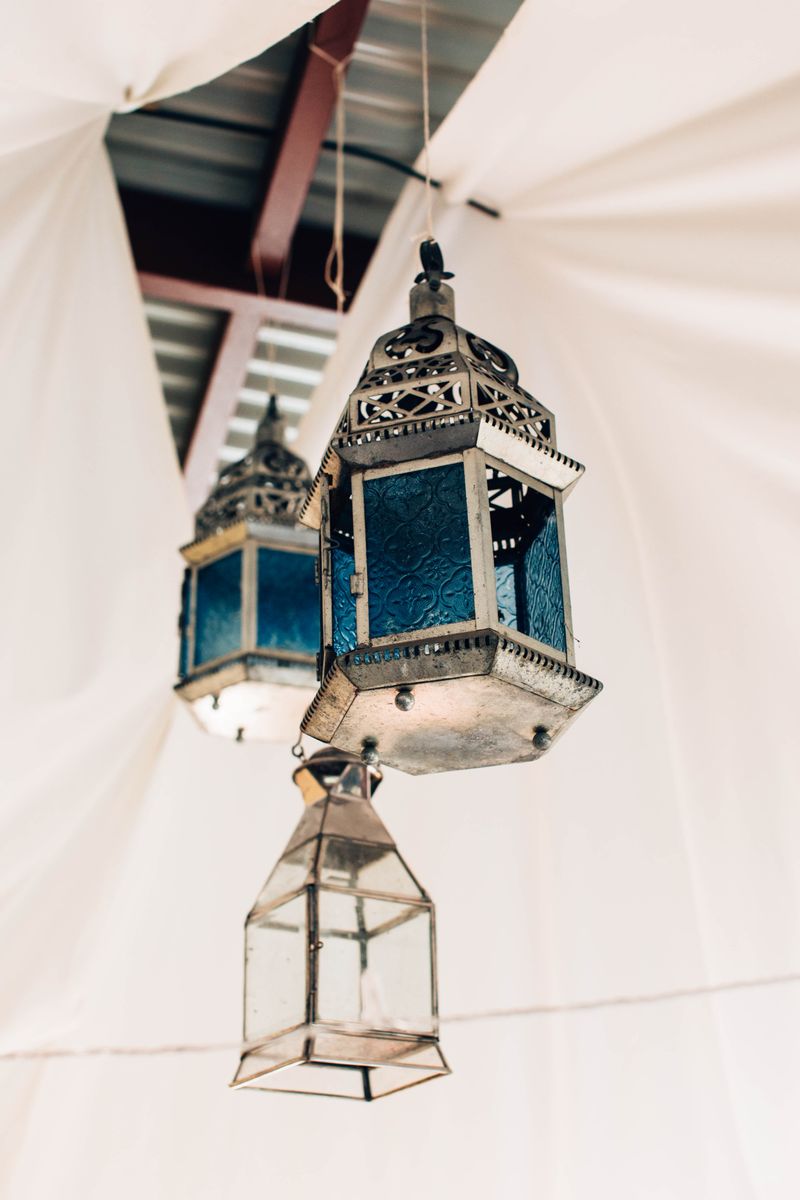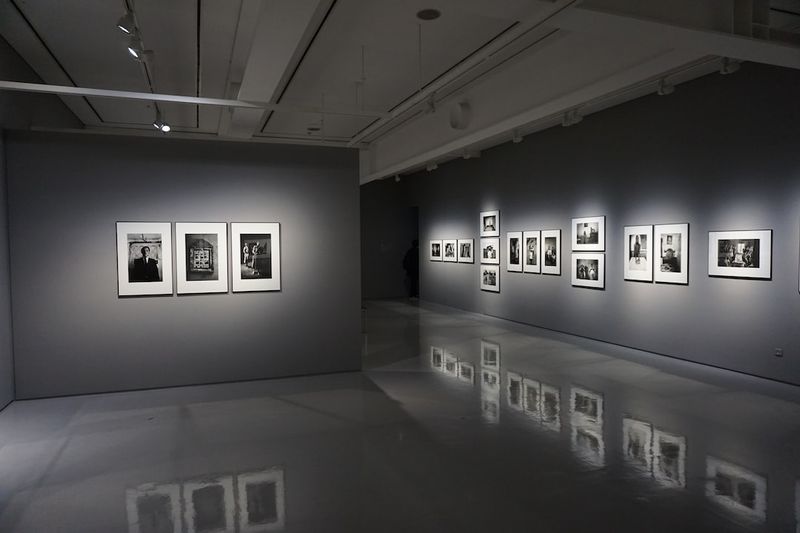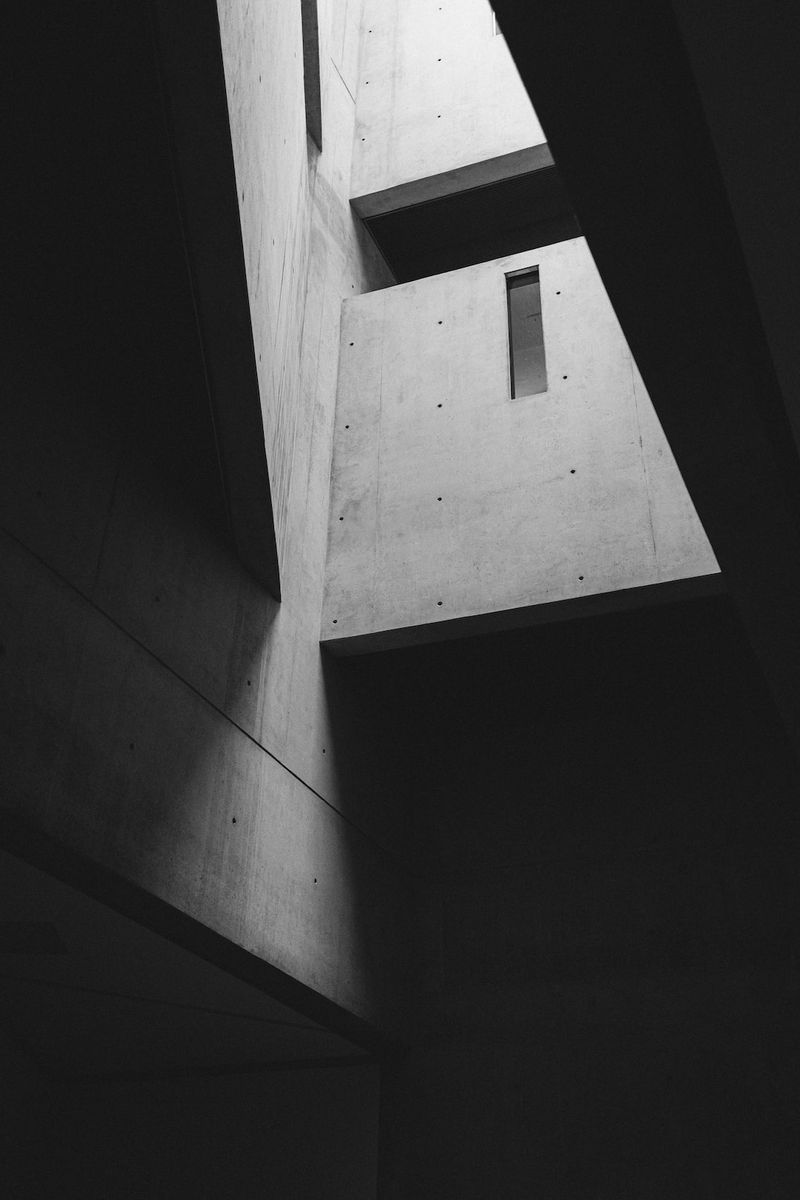Eid al-Adha 2023: A Holier Feast and the Essence of Celebration
Moving Dates and the Lunar Cycle
Eid al-Adha, also known as the “Festival of the Sacrifice,” holds great significance in the Islamic calendar. It is the holier of the two Eid festivals celebrated by Muslims each year. However, due to its reliance on the lunar cycle, the date of Eid al-Adha varies from year to year, making it a movable feast.
Eid al-Adha falls on the tenth day of Dhul-Hijjah, the twelfth month of the Islamic Hijri calendar. The Hijri calendar is based on the phases of the moon, which causes it to move forward approximately 11 days annually in the widely used Gregorian calendar. This inherent nature of the Hijri calendar, which follows the natural lunar cycle, makes it impossible to predict the exact date of Eid al-Adha. However, based on the calendar observations of Saudi Arabia, which many Muslims around the world follow, Eid al-Adha in 2023 will commence on Wednesday, 28 June.
The Significance of Dhul-Hijjah and the Day of Arafat
Dhul-Hijjah, the month in which Eid al-Adha falls, holds profound importance for Muslims worldwide. In particular, the Day of Arafat, which takes place on the ninth day of Dhul-Hijjah, is considered one of the most critical days in the Islamic calendar. On this day, Muslims gather at Mount Arafat near Mecca, Saudi Arabia, as part of the Hajj pilgrimage, one of the most sacred traditions in Islam. The following day, Eid al-Adha commences, marking the commencement of a joyous four-day celebration.
The Story of Ibrahim’s Sacrifice
Eid al-Adha commemorates the famous story of the prophet Ibrahim’s (known as Abraham in the Christian Old Testament) obedient willingness to sacrifice his son as commanded by God. However, before Ibrahim could carry out this heartbreaking act, Allah (God) provided a lamb as a substitute sacrifice. This divine intervention symbolizes God’s mercy and serves as a reminder of the importance of obedience and trust in the faith.
During Eid al-Adha, devout Muslims honor this significant event by sacrificing an animal, traditionally a sheep, in an act called Qurbani. The meat of the sacrificed animal is divided into three parts — one for the poor, one for immediate family, and one for relatives. Many Muslims also donate money to charities, allowing less fortunate families to partake in a proper feast during the celebration. Mosques and community groups often organize communal meals, fostering a sense of unity and compassion within the community.
“Eid Mubarak” and the Tradition of Greetings
As Eid al-Adha approaches, Muslims exchange heartfelt greetings, with the most common phrase being “Eid Mubarak.” In Arabic, “Eid” signifies a festival or celebration, while “Mubarak” translates as “blessed.” Therefore, the phrase “Eid Mubarak” can be interpreted as “blessed celebration” or simply “happy Eid.”
Some individuals may specify “Eid al-Adha Mubarak” or “Eid al-Fitr Mubarak” to distinguish between the two Eid festivals. However, using “Eid Mubarak” alone is considered sufficient. Similarly, during the holy month of Ramadan, Muslims greet each other with “Ramadan Mubarak” as a way to acknowledge the beginning and continuation of fasting. The less common greeting, “Ramadan Kareem,” translates as “Generous Ramadan” and emphasizes the spirit of generosity associated with the month. There is some debate regarding the appropriateness of “Ramadan Kareem” due to the potential conflict between the expectation of generosity and the principles of fasting and prayer. Nonetheless, many argue that the greeting underscores the significance of acts of kindness and generosity during this sacred period.
Editorial: The Changing Face of Eid Al-Adha
Eid al-Adha serves as a time for reflection, gratitude, and unity among Muslims worldwide. However, the celebration has not been immune to change as societies transform and technology advances. One area of contention surrounds the traditional practice of moon sighting, which determines the precise date of Eid al-Adha.
Advancements in astronomy and an increasing global Muslim population have led some to advocate for a standardized start date for Eid al-Adha. By utilizing astronomical calculations, it would be possible to determine the new moon’s emergence with unprecedented accuracy, allowing all Muslims worldwide to celebrate Eid collectively.
Yet, the debate around this issue highlights a broader philosophical question — the balance between tradition and progress. While technological advancements could streamline the process of determining Eid dates and foster greater global unity, they may also inadvertently diminish the local and regional variations that have shaped cultures and traditions for centuries.
In the end, it is essential to strike a balance, embracing the harmony between diverse practices and modern advances. Such a harmony promotes unity, understanding, and respect for different cultural perspectives while nurturing a sense of shared common values.
Advice: Embracing the Essence of Eid Al-Adha
As Muslims prepare for Eid al-Adha, it is crucial to remember the core values embodied by this celebration. Eid al-Adha offers an opportunity to reflect on obedience, sacrifice, and the importance of compassion towards the less fortunate. Here are some suggestions for embracing the essence of Eid al-Adha:
1. Perform Acts of Charity
Emulate the spirit of Qurbani by extending generosity to those in need. Donate to charitable organizations or find local initiatives where you can contribute your time, resources, or skills to support vulnerable communities.
2. Foster Family and Community Bonds
Engage in activities that strengthen familial and community ties. Arrange gatherings, share meals, and engage in meaningful conversations. Use this time to support and connect with loved ones, both in person and virtually if necessary.
3. Reflect on Sacrifice and Obedience
Take a moment to contemplate the lessons taught by the story of Ibrahim’s sacrifice. Consider the sacrifices made by individuals who have inspired you, and reflect on the importance of obedience and trust in the divine guidance of one’s faith.
4. Embrace Unity in Diversity
Appreciate the diversity within the Muslim community and beyond. Engage in interfaith dialogue, promote understanding, and celebrate the richness of different cultures and traditions. Eid al-Adha presents an opportunity to break down barriers and strengthen our shared humanity.
Eid al-Adha is a time of profound significance for Muslims around the world. As the festival approaches, let us embrace its true essence by fostering unity, compassion, and gratitude in our personal lives, communities, and beyond.
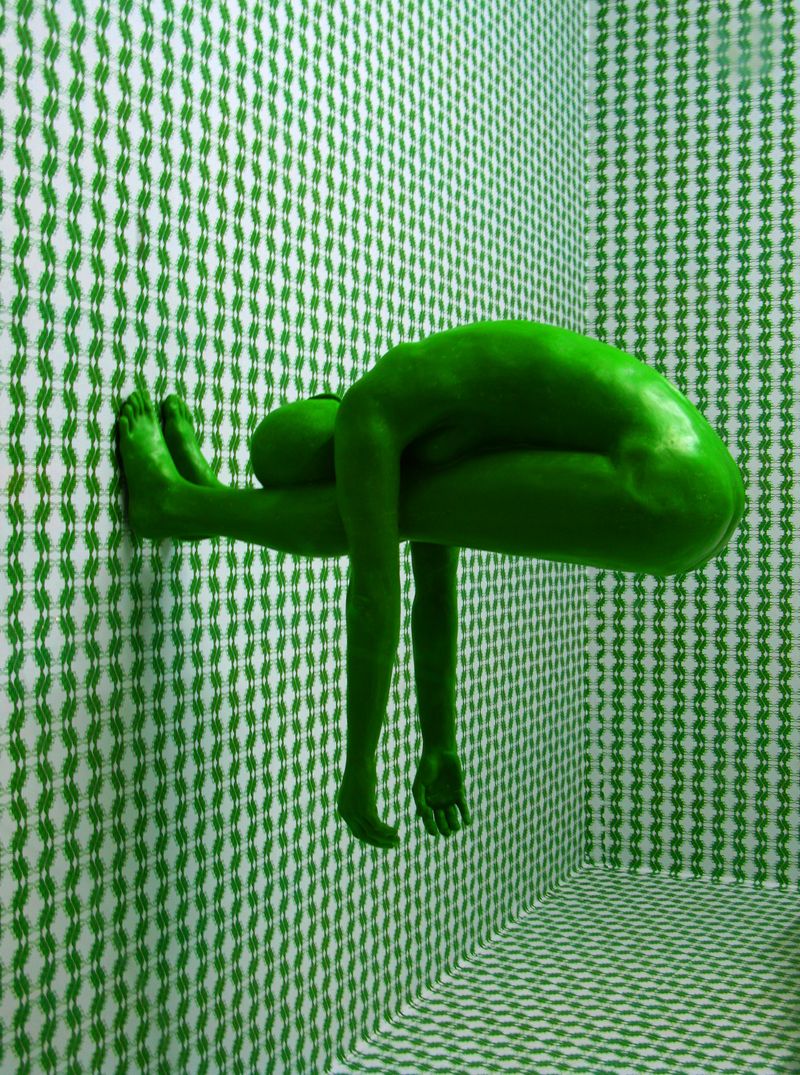
<< photo by Francesco Ungaro >>
The image is for illustrative purposes only and does not depict the actual situation.
You might want to read !
- Prince William’s Initiatives Shine Spotlight on Homelessness in Sheffield
- Homewards: Prince William’s Ambitious New Project Aims to Tackle Homelessness
- Statement by the Prime Minister on Eid al-Adha: Embracing Faith and Celebrating Unity in a Diverse World
- The Significance of Eid al-Adha 2023: Exploring the Start Date and Wishing ‘Eid Mubarak’ to All

